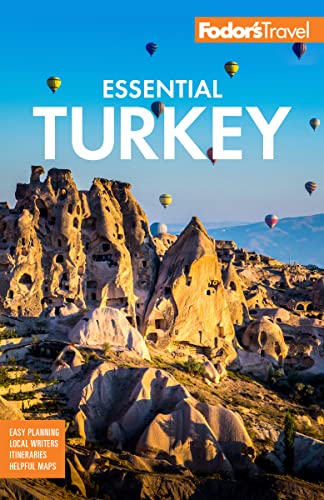Famous for its association with Rumi and the whirling dervishes, Konya has long attracted both religious pilgrims and travelers to the city’s spiritual, even mystical, atmosphere. Its most important site is the Mevlâna complex, at once a secular museum with displays on dervish life and a mausoleum where the religious devotion the renowned Sufi philosopher inspires is immediately palpable. During the annual Mevlâna Festival in December, Konya is transformed by an influx of followers—and other curious souls—who come from around the world to observe the anniversary of Rumi’s death. The other main event is the International Mystic Music Festival in September.
The rest of the year, Konya is a quiet, rather provincial city; nevertheless, visitors can find evidence of its long and interesting history. Konya was the capital of the Seljuk Empire during much of the 12th and 13th centuries, and some notable medieval mosques and theological seminary buildings—now housing museums—showcase the characteristic architectural style of that period. You can probably see most city sights in a day. Going back further in time, the Neolithic archaeological site of Çatalhöyük, a UNESCO World Heritage Site, can be explored on a side trip.
Not surprisingly, Konya is known throughout Turkey as a religious and rather conservative city, where almost all of the restaurants are dry. Until recently, it catered mainly to domestic travelers, who still make up the overwhelming majority of visitors. But the last few years have seen the opening of several hotels and inns aimed more at foreign guests, and the museums typically have good signage in English. The Mevlâna Kültür Merkezi hosts a free sema (whirling dervish) performance every Saturday evening year-round, and free semas also take place in the garden of the Mevlâna Museum on Thursday evenings in summer.





